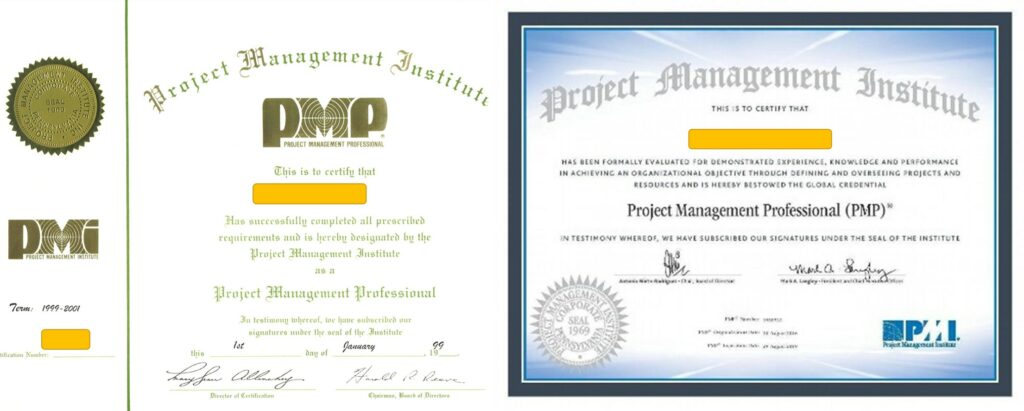PMP Certification and the PMP Craze
I had posted this article on my LinkedIn page days ago and apparently, it was well received, so I am sharing here. What is the PMP Craze and why I am calling the PMP certification a Craze?
If you like to read the article on comments on LinkedIn Click here.
If you like to read here, after the image. Enjoy

The recent PMP Craze
However, the PMP craze is producing many PMP who, possibly never managed a project, even a simple – formal project.
Where to start if not the PMP
Ideally, if a technical person wants to learn about project management and wants a certification, then a CAPM from PMI, IPMA-D from IPMA, GPM-b from GPM Global, a PRINCE2 Foundation, or others would be a good fit. However, we only hear about the PMP.
If we stay with PMI, we are saying that the entry point should be a CAPM, not a PMP because the CAPM requires no experience, if the candidate has taken a PM Course. However, since not many people have heard about the CAPM, it has no real, or negligible market value. The market perceived value is with the PMP.
How are we getting paper PMPs?
The question here is this: how can someone with no real project management be a PMP?
The PMP requirement includes 4500 hours of “leading and directing project tasks”. Some might answer “by passing the exam” the person is proven competence. We beg to differ; the person is showing the acquisition of foundational knowledge not proven competence. Passing the exam is not easy but it is not difficult either. Then the question would be how did that person pre-qualify to sit for the exam? The answer is not a politically correct one, so let us avoid that battle for today.
It is time to shift to what triggered this post.
One of those who just got the PMP, 3 or 4 days before the change in the exam, posted something on LinkedIn that triggered this article; a new paper PMP. Why do I say paper PMP? Because this person has no project management experience. In his 3 years since college graduation, he has held three different jobs, each for a few months only, and all are a technical role, yet this person is now a PMP. When he was challenged about his lack of PM experience, he said he had significant experience, he was just hiding it from his LinkedIn profile, on purpose. Maybe, or maybe not.
Learning from who?
Here is the fun part. What this person posted is a question to the community to advise him on whether he should write articles or record YouTube videos on the PMP. When a colleague responded with a question about his PMP, he said he made a mistake and he wants to publish about project management, not the PMP. Here we must ask, what someone with no real experience can help others learn about a given field if the “teacher” himself/herself does not have enough knowledge or experience in this field?
More fun: some quotes from his message and responses:
- “I consider myself good in avoiding risks” Can anyone tell us what is wrong with this message?
- “I want to be a knowledge bank of Project Management.” I am waiting for the day that engineers run the banks. Maybe they will do a better job with the financial guys if you can be a bank without knowledge or experience.
- “I did my PMP on 22nd of March but i am into this field as student since 2016” – student in the field? Go back to earlier comments, does not the PMP require experience?
Do you understand now why I am saying the PMP Craze?

Trackbacks/Pingbacks